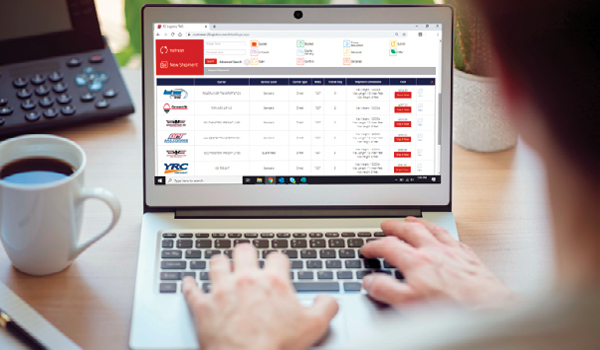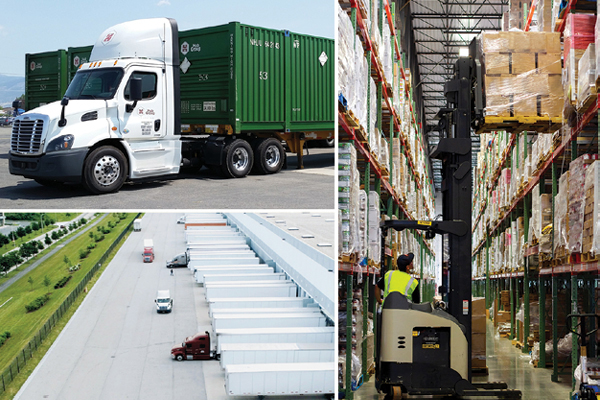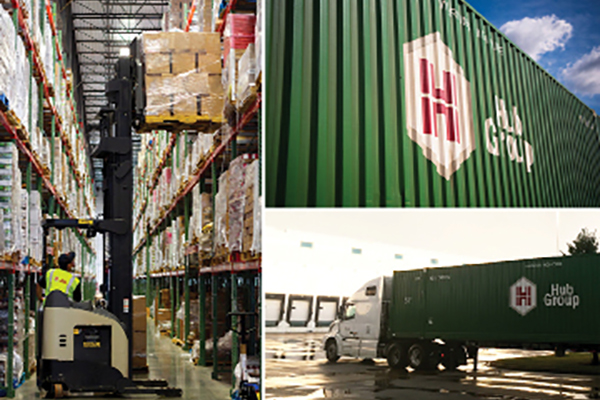Articles
Sponsored

Do You Have Bad Strategies or Bad Data?
Q: Why do most supply chain strategies fail? A: It comes down to data. Most companies have data quality issues. Companies make decisions with no data, partial data or, worse, misleading data. The misleading data is the worst because it looks right, but is inaccurate. Decisions made with incorrect data lead to no cost savings […]
Read More
Battling Through Crisis Together
As society adjusts to the impact of the new coronavirus, COVID-19, many households have stockpiled goods for safety reassurance. With retail stores being one of the few businesses that remain open to the general public, supply chain operations have had to embrace creativity to deliver effectively. Q: What are some of the bigger challenges that […]
Read More
How to Manage LTL Spend with a TMS
If you don’t know how much your company spends on LTL shipments, you’re not alone. Because of the complex nature of LTL moves and the complicated pricing structure, you may be paying more than you need to and leaving margin dollars on the table. For small to mid-size companies that ship LTL several times a […]
Read More
Disruptions in Today’s Economy: How Can Supply Chains Prepare?
How can we better prepare to minimize the risks that disruptions present and mitigate their impact? Here’s how to build a more flexible and agile supply chain.
Read More
Continued Support Through Seasonality
A premium CPG company turned to Hub Group to develop a dynamic solution to eliminate supply chain inefficiencies and support a surge in volume.
Read More
The Need for Speed: Overcoming the Final Hurdles to Faster E-Commerce Deliveries
Retailers need to address new challenges, from bolstering distribution networks to managing complexity, to continue to expand their e-commerce operations.
Read More
True Next Day—Why It Matters
As retailers compete for the perfect delivery experience and consumers continue to pay premiums for speed and reliability, last mile delivery drives growth and profitability.
Read More
Caffeine Fix: Mug Maker Meets Brewing Demand
With their temperature-controlled mugs in high demand on a global scale, manufacturer Ember turned to SEKO Logistics to handle an influx of orders and help establish a supply chain.
Read More
Why Hub Group?: ‘100% End-to-End Visibility at the SKU Level’
A growing CPG company benefits in multiple ways as Hub Group optimizes its supply chain with a streamlined outsource strategy.
Read More
How 3PLs Can Minimize Claims and Help Customers Understand Liability
3PLs can become an ally for their customers in the event of a loss, damage, or delay, providing outstanding customer service and support during the claims process.
Read More